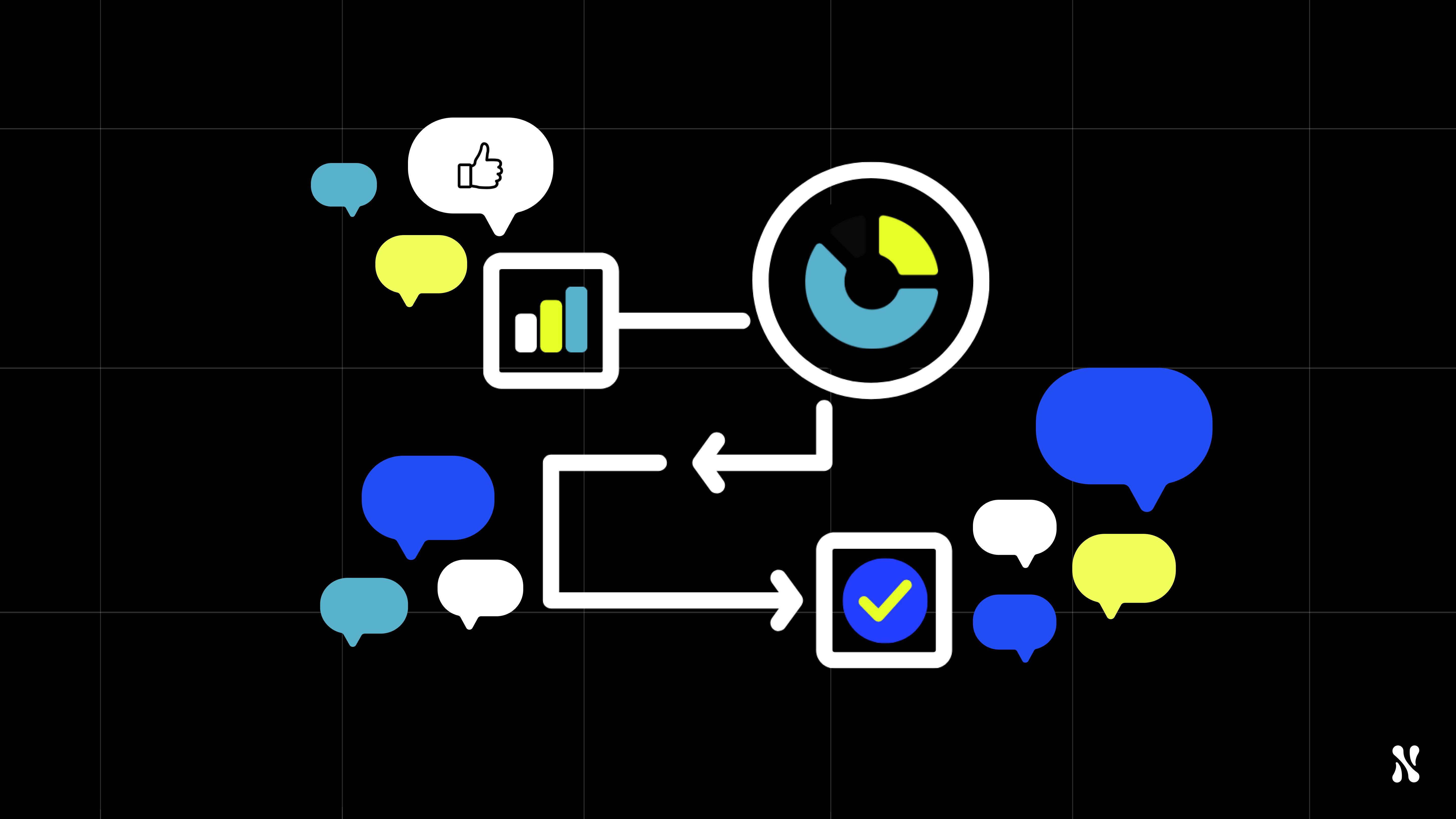Introduction
The integration of artificial intelligence (AI) into customer experience (CX) design is revolutionizing how businesses interact with their customers. For leaders focused on customer journeys, understanding and implementing AI-driven strategies to optimize AI customer experience is crucial. This blog post delves into the best practices for leveraging AI to enhance AI customer experience, focusing on personalization, efficiency, and data utilization.
Understanding AI in Customer Experience
AI in customer experience involves using artificial intelligence technologies to create more personalized, efficient, and engaging interactions for customers. This includes applications such as AI-powered recommendation engines, chatbots, and personalized interfaces, aiming to improve customer satisfaction and drive business growth.
How AI Can Improve Customer Experience?
AI improves customer experience by enabling personalization at scale, allowing advanced automation and revealing intelligent data insights.
Personalization at Scale
AI enables businesses to deliver highly personalized experiences at scale. By analyzing customer data, AI can predict preferences and behavior, allowing for tailored recommendations and interactions. For instance, AI-driven personalization can significantly enhance an LLM-powered chatbot customer experience by providing content and suggestions that are relevant to individual users.
Case Study: TextYess
TextYess leveraged AI to optimize every customer conversation across their shopping assistant channels, especially in its messaging, personalization, and delivery of the user experience. Their LLM-powered assistant provides messages and offers in a non-determenistic manner, with analytics TextYess was able to increase its average conversation-to-order, showcasing the power of AI in customer experience.
Efficiency Through Automation
AI can automate routine customer interactions, reducing the burden on human agents and improving response times. AI chatbots provide 24/7 support, handle common inquiries, and free up customer service representatives for more complex issues. This not only enhances AI customer experience but also reduces operational costs.
Example: Klarna
Klarna’s LLM-powered AI assistant, enhances the shopping and payments experience for Klarna’s 150 million consumers worldwide. Since its launch, the AI assistant has supported millions of customers, doing the equivalent work of 700 full-time agents, significantly reducing the need for human intervention in routine inquiries, thus improving AI customer experience.
Data-Driven Insights
AI excels in processing large volumes of data to extract valuable insights. Businesses can leverage these insights to identify customer pain points, optimize product offerings, and continuously improve the customer journey. For example, AI can analyze user behavior on a conversation interface to recommend changes that enhance usability and engagement, ultimately improving AI customer experience.
Case Study: D-ID
D-ID platform allows companies to build AI Agents and Avatars and brings forth conversation insights for it’s customers. This continuous analysis allows D-ID to provide personalized recommendations, enhancing the overall experience of all their AI Agents and boosting satisfaction scores, thereby enhancing AI customer experience.
Building an AI-Driven Customer Experience Engine
Creating an AI-driven customer experience engine requires a multi-faceted approach. Businesses must start by designing their seamless customer journey, integrate data signals, consider multi-channel consistency, personalize according to user specific context, and commit to continuous testing and improvement.
Design a Seamless Customer Journey
Recognize every step in the customer journey for a smooth overall experience. The airline industry, for example, personalizes the booking, check-in, lounge, and in-flight experiences with real-time recommendations and a robust loyalty ecosystem across various partners.
Integrate Data Signals and Insights
Develop a comprehensive view of each customer by gathering data from various sources. For instance, companies in the fashion industry collect clickstream data, app usage, and purchase history to tailor future recommendations and enhance the AI customer experience.
Ensure Multi-Channel Consistency
Deliver a unified and personalized experience across all customer touchpoints. Companies in the fast food sector exemplify this by using apps to offer gamified incentives, highly targeted digital ads, and personalized in-store experiences based on individual customer preferences and behaviors.
Personalize According to Customer Context
Leverage data and analytics to improve experiences and engage customers in the most relevant ways. Retailers in the grocery industry employ algorithms to determine which personalized promotions to offer, ensuring their marketing strategies are both targeted and effective.
Commit to Constant Testing
Foster a culture of experimentation and use data-driven insights to refine approaches continuously. The fashion and apparel industry, for example, utilizes customer interaction data to improve AI algorithms, enhancing the personalized shopping experience through regular iteration.
By following these steps, businesses can build an intelligent experience engine that not only meets but exceeds customer expectations, driving engagement and growth.
Conclusion
Incorporating AI into customer experience strategies offers immense potential for personalization, efficiency, and continuous improvement. By leveraging AI, tech leaders can transform customer interactions, enhance satisfaction, and stay ahead in the competitive market. Embrace AI to create intelligent experience engines that drive meaningful engagement and business growth, ultimately enhancing AI customer experience.
By focusing on these strategies, you can leverage AI to not only enhance customer experience but also achieve better visibility and engagement through effective practices, ensuring that your efforts in AI customer experience are impactful and far-reaching.
Leveraging Nebuly for AI Customer Experience
Nebuly helps businesses analyze every customer interaction on LLM-based channels, such as chatbots. By leveraging Nebuly, companies can detect insights on how to continuously improve and further personalize experiences for customers. Nebuly's advanced analytics capabilities enable businesses to refine their AI strategies, ensuring that every customer touchpoint is optimized for maximum engagement and satisfaction. If you're interested in analyzing your AI customer experience, we'd love to chat. Please schedule a meeting with us today HERE.






